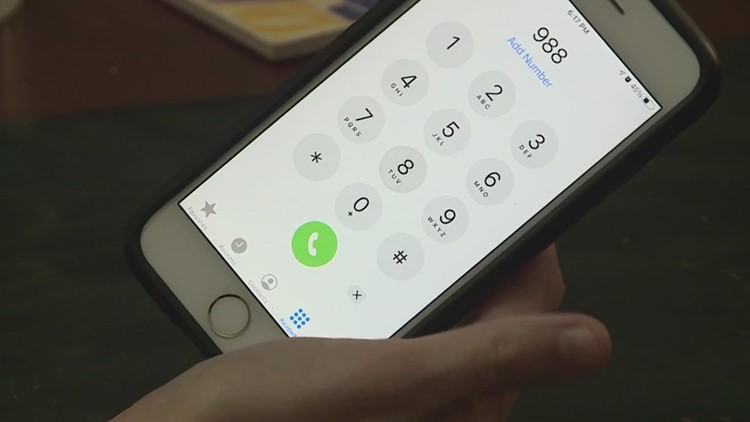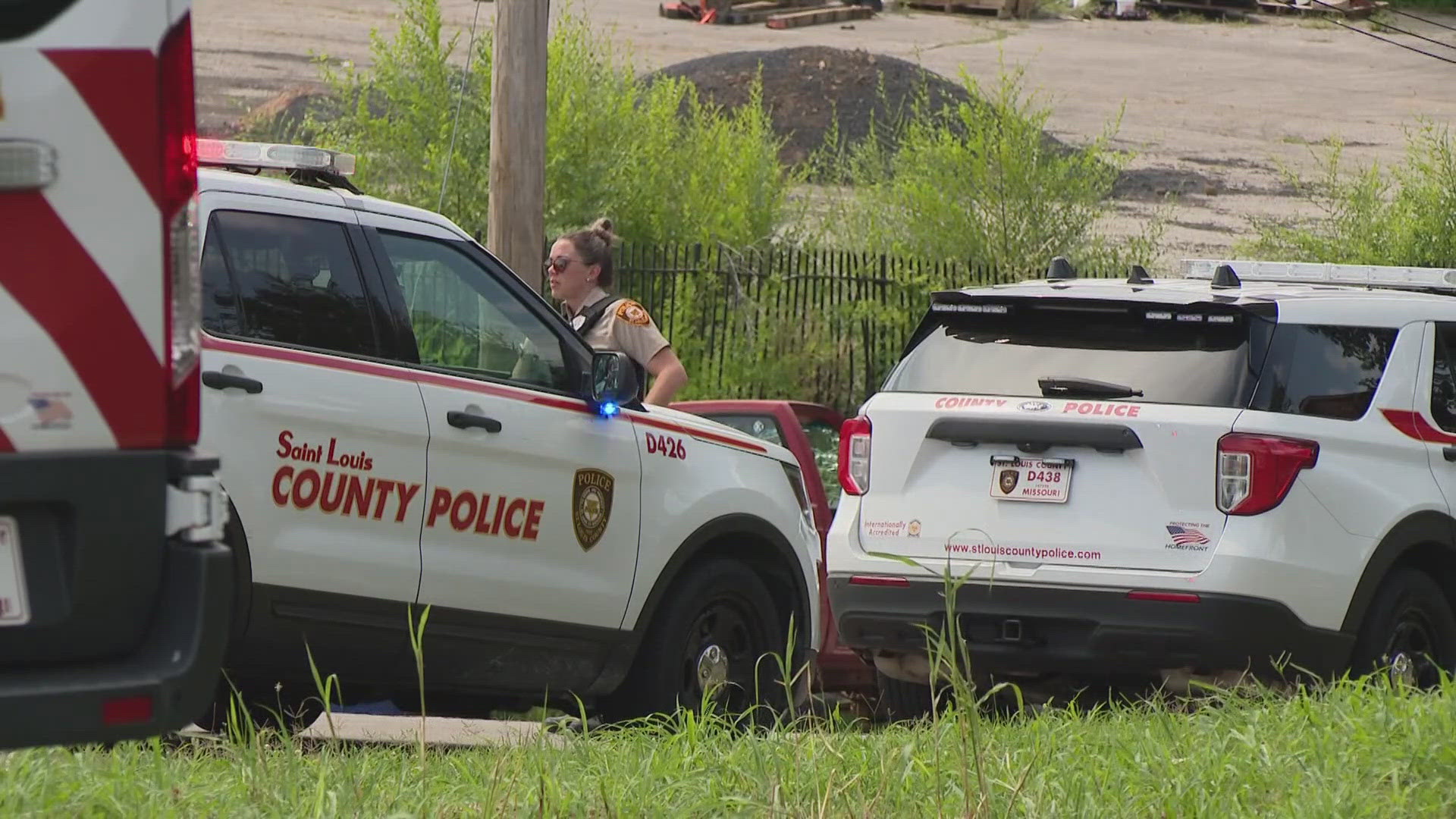MISSOURI, USA — Missouri has seen one of the nation’s largest increases in calls to the revamped national hotline that aids people facing mental health crises.
The number of calls to 988 from Missouri jumped 136% in May 2024 compared to May 2022, according to recent data from the health policy nonprofit KFF.
That’s a greater increase than the national average and ninth highest in the country.
State officials have celebrated Missouri’s volume increase as a product of significant efforts to ensure the public knows about 988.
“We are really proud of what we’re doing here,” said Jeanette Simmons, deputy division director of the Missouri Department of Mental Health’s Division of Behavioral Health, during a mental health commission meeting earlier this month. “In national meetings, lots of people ask us questions about our 988 efforts, and how we have had so much success, and how we’re doing it.”
She said they tell others they’re just “handing it out everywhere,” referring to outreach materials.
The National Suicide Prevention Lifeline transitioned nationwide two years ago to the new three-digit 988 Suicide and Crisis Lifeline, which aims to be a comprehensive resource for people facing mental health, substance use and suicide crises.
It’s part of a national effort to streamline access to services for mental health emergencies and craft a number that’s as easy and ubiquitous to remember as 911.
Last month, Department of Mental Health spokesperson Debra Walker said Missouri’s 988 call centers answered more than 8,000 calls, 2,800 text messages and 600 chats.
The state answered 92% of calls at in-state call centers, which is above the national standard of 90%.
The hotline directs calls based on callers’ area code to their nearest crisis center. When the in-state call centers are busy, the call is routed to the national phone line.
In July of 2022, around 12% of calls were abandoned before reaching someone on the other line. That fell to 6% in 2024 despite the number of calls more than doubling in volume.
The average speed to answer has decreased from 37 seconds in July 2022 to 19 seconds in July 2024, Walker added.
Walker said through the state’s training, strengthening partnership with community service providers and other partners, and prioritizing timely service, “Missouri has built an equitable and accessible crisis system.”
Going forward, the state will focus on continuing to educate people about 988 “with the goal of reaching individuals most at risk for suicide and other negative mental health and substance use outcomes,” Walker said.
The federal government invested money for 988’s launch and rollout but requires states to establish long-term funding strategies. Missouri hasn’t passed legislation authorized by Congress to add a monthly fee to phone bills to help permanently fund the hotline and crisis services, similar to how 911 call centers are funded.
So far, 10 states have added telecom fees.
And a report released in June by the national mental health nonprofit Inseparable found that although Missouri scores well in call center capacity, the availability of crisis mental health services is itself limited. The organization estimated the state would need 286 new short-term crisis residential beds to meet crisis stabilization needs, as well as 49 mobile response teams.
This story from the Missouri Independent is published on KSDK.com under the Creative Commons license. The Missouri Independent is a nonpartisan, nonprofit news organization covering state government, politics and policy.



